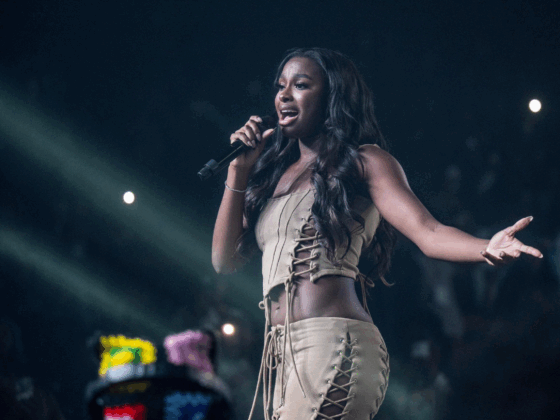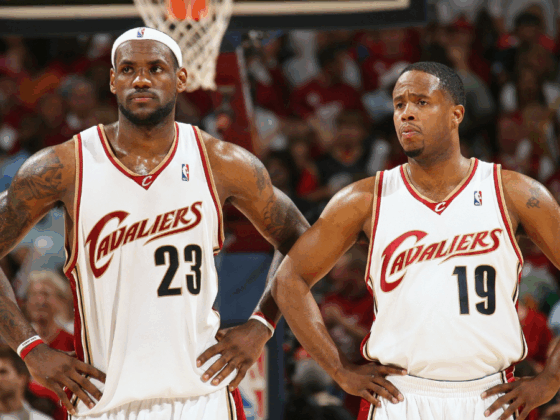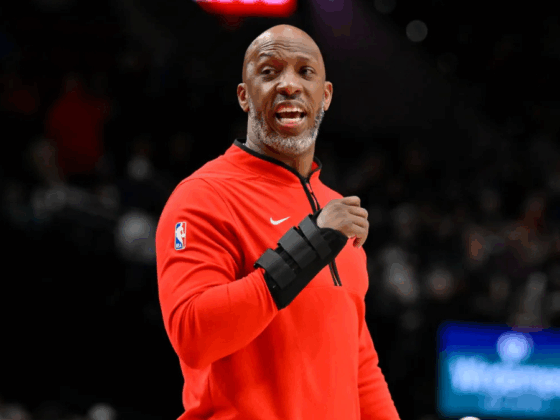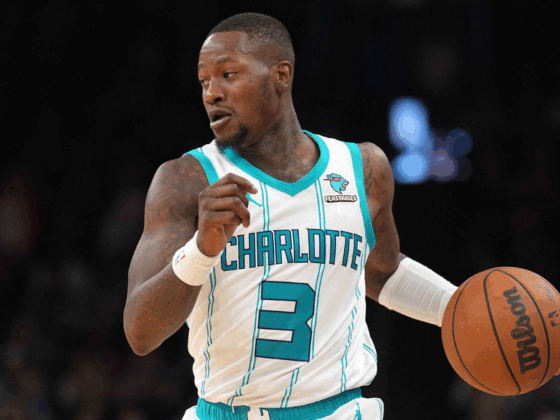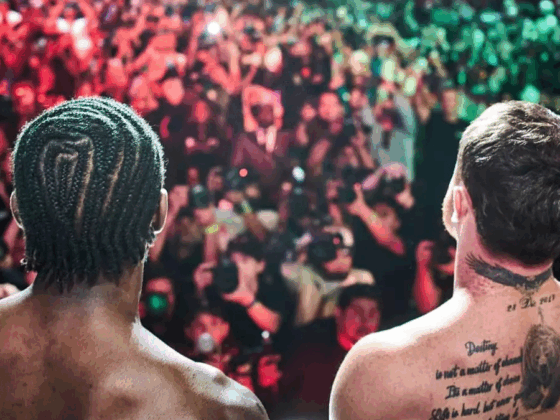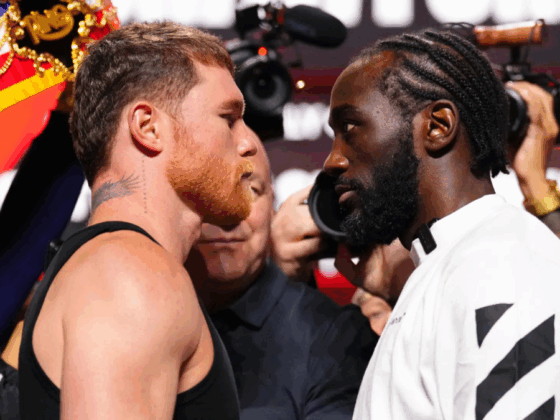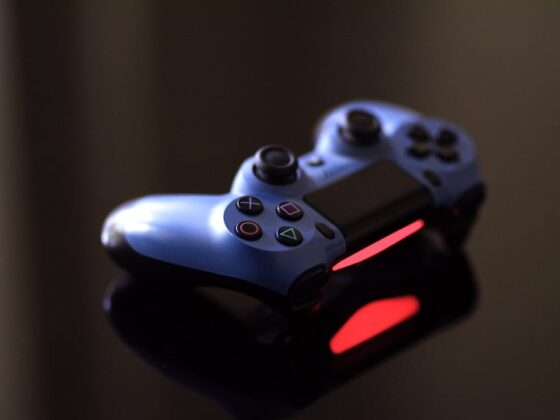
With the LeBron James’, DeMarcus Cousins’ and Paul George’s well and truly adjusting to their new homes, just the remaining scraps are leftover from the 2018 NBA free agency feast. Meaning the time to look back on teams’ cap-consuming decisions has come.
Moves flew around the summer like Kawhi Leonard rumors, and while most teams didn’t find any pieces to considerably move the needle, there was a few that jumped on the chance to improve. On the other hand, multiple teams stayed crouched in the weeds, watching the free agent pool being drained by the day.
Note: While trades and draft picks aren’t actually free agency dealings, they will still be included in the decision making process.

Winner: Dallas Mavericks
When the lowly 2017-18 Dallas Mavericks were officially eliminated from playoff contention last season, it became the first time since the 1999-00 campaign that the franchise had missed the big dance in consecutive years.
After the summer the Mavs brass just put together, they might end the drought earlier than even the most hopeful had expected. They kicked off proceedings by making a nifty draft night move for sparkling European prospect Luka Doncic, before picking up the NCAA Player of The Year Jalen Brunson with the 33rd pick.
They carried that draft night momentum into the free agency wheeling and dealing, acquiring three-time All-NBA team member DeAndre Jordan on a 1-year, $24 million deal. Jordan wasn’t at his beastly best last season, but he still averaged 12 points, 15.2 rebounds (career high) and 0.9 blocks per game, and the short-term deal gives the Mavs flexibility to retool and rebuild if Jordan doesn’t work out.

Losers: Miami Heat
There is not much to say about Miami’s summer, they have been, by far, the most inactive team in the league. Bringing back 3-point sniper Wayne Ellington on a 1-year, $6.2 million deal was a solid move and Derrick Jones Jr. returning on a minimum deal isn’t going to draw too many critics – but neither of those moves are difference makers.
Pat Riley and his front office brain trust are clearly waiting to see if Dwayne Wade will finish his star-studded career in China or whether he will return to South Beach, but even the hall of famer isn’t enough. Miami finished in the sixth seed with a 44-38 record, so doing essentially nothing probably isn’t the best way to compete in the LeBron-less eastern conference.

Winners: Denver Nuggets
Losing your first playoff birth since the 2012-13 season on the final night of the season would stung like no other loss the Denver Nuggets squad have endured. It may have been a blessing in disguise however, as it forced the Nuggets to make some big free agency plays.
First, they took the Michael Porter Jr. with the final pick of the lottery. The former number one high school player in the country who has struggled with back injuries is the biggest high-risk, high-reward prospect of the entire 60 selections. With an already deep roster, Denver is the perfect place for him to recoup and get ready for a successful comeback. Second round pick Jarred Vanderbilt is another player who will add plenty of value in the future.
The fun didn’t stop there though. The Nuggets brought back x-factor Will Barton on a 4-year, $54 million deal, inked superstar Nikola Jokic to a 5-year, $146.5 million extension and they managed to shed the unhealthy contracts of Darrell Arthur, Kenneth Faried and Wilson Chandler.
To cap off a delightful free agency, general manager Arturas Karnišovas managed to convince former All-Star Isaiah Thomas to reunite with coach Mike Malone on a 1-year, minimum contract. Another dazzling move that represents little peril and a whoppingly-high upside.
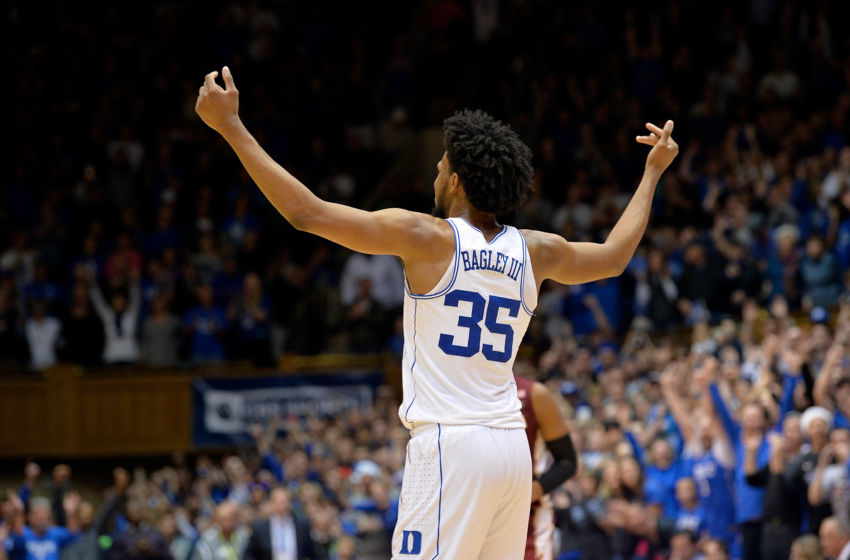
Loser: Sacramento Kings
From the moment the off-season festivities began, the outlook was grim in Sactown. The aforementioned Luka Doncic and fourth overall pick Jaren Jackson Jr. were both tipped by many reliable pundits to be taken after number one pick DeAndre Ayton, yet the Kings went with Marvin Bagley. While Bagley has a great deal of potential himself, it seemed to be an odd pick from the get-go.
They stumbled over that hurdle and fell face first into another one when the free agency period rolled around. First, they traded Garrett Temple – who was a nice piece last season – for Ben McLemore – who has already failed in Sacramento once – then, they convinced Nemanja Bjelica to back out of his deal with Philadelphia by opening the bank vault for the 30-year-old. Not ideal.
For a team in the midst of a 12-season playoff drought wasting money, and potentially lottery picks, isn’t the right way to rebuild.

Winners: Oklahoma City Thunder
Last season, things didn’t exactly pan out the way general manager Sam Presti had hoped. The fourth seed in the tough Western Conference was probably slightly lower than expected, but getting bounced in the first round by a rookie-led Utah Jazz team was surely disappointing.
Presti responded to the subpar season by tearing NBA free agency a new one. Paul George spurned the Lakers to return to the fold, and Dennis Schroder, Nerlens Noel and Timothy Lawawu-Cabbarot are important pieces to a bench that finished a mediocre 13th in net rating.
To put the cherry on top of Oklahoma’s delicious free agency cake, they managed to cut their losses and part with Carmelo Anthony, who was nothing short of disastrous in his one and only Thunder campaign. Not a bad off-season, at all.

Losers: Cleveland Cavaliers
Cleveland didn’t have to do much to have a catastrophic summer, simply wait and watch their franchise’s – and probably the NBA’s in general – best player stroll out of town and into Hollywood.
The front office brass tried to fill as much of that black hole sized void as they could with pretty uninspiring moves. Colin Sexton was a decent pick and has potential to be the face of the franchise from day one, but bringing back Channing Frye doesn’t make a great deal of sense.
Along with the promise of Sexton, Cleveland will rely on Kevin Love, who they signed to a massive 4-year, $120 million contract, to get back to the first-option dominance he showed in Minnesota. However, it has been four years since Love averaged over 20 points per game or shot over 46 percent from the field. Nearing 30-years-old, it might be a big ask for the five-time All-Star.
When LeBron James bolted for the first time back in 2010, the Cavs failed to rebuild properly. Let’s hope they do a better job this time around, for the sake of Cleveland fans.
